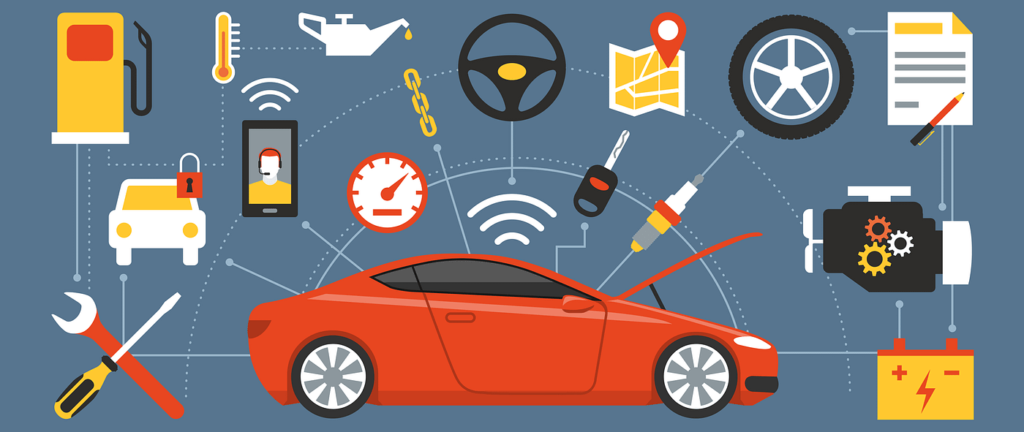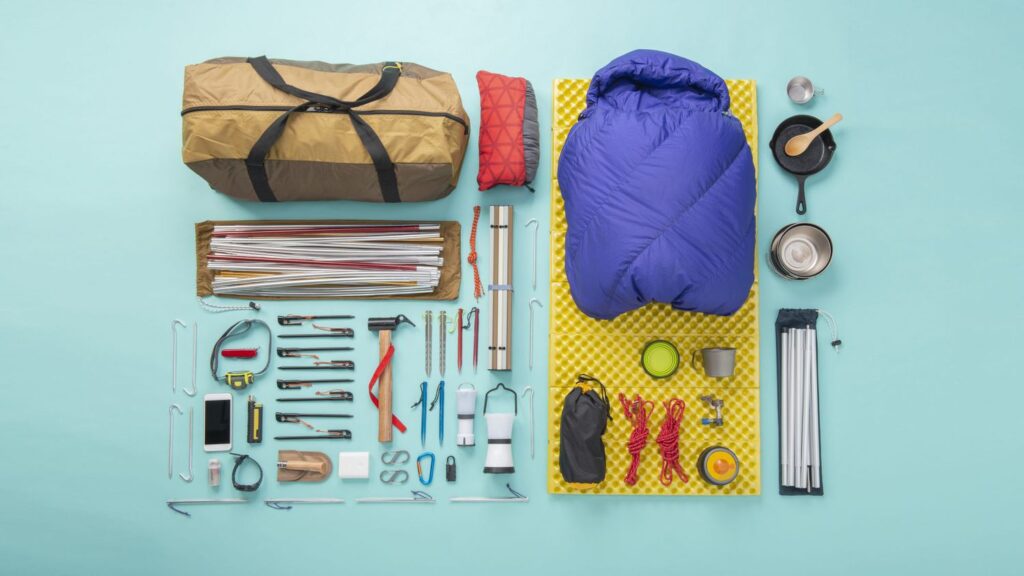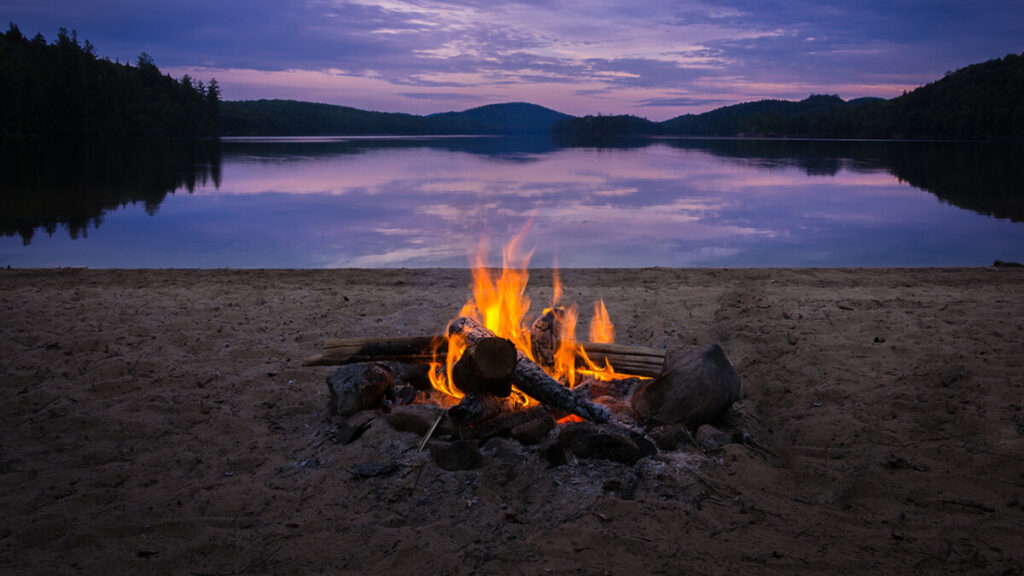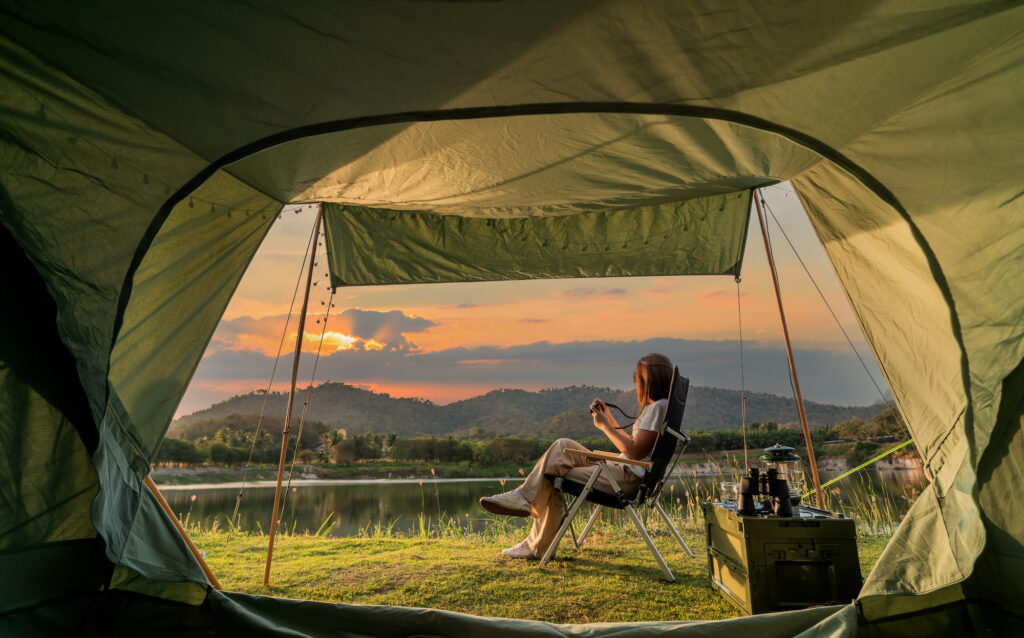Solo camping is a thrilling adventure that offers a unique sense of freedom and connection with nature. Whether you’re an experienced outdoor enthusiast or a first-time camper, heading into the wilderness alone can be both empowering and transformative. However, it’s crucial to prioritize safety to ensure that your solo camping trip is not only enjoyable but also secure.
In this blog, we’ll explore essential safety tips designed to help solo campers prepare for their journey, handle unexpected situations, and make the most of their solitary outdoor experience. From planning and packing to navigating and staying connected, these guidelines will equip you with the knowledge and confidence needed for a safe and memorable solo camping adventure.
Essential Safety Tips for a Safe and Memorable Solo Camping Adventure
1. Pre-Camping Planning

- Research About the Location
Before embarking on your solo camping adventure at Pawna Lake, thoroughly research the area. Understand the layout of the camping grounds, the facilities available, and any potential hazards. Check if permits or reservations are required.
- Check Weather Forecasts
Pawna Lake’s weather can change rapidly, affecting your camping experience. Monitor weather forecasts leading up to your trip and be prepared for sudden changes in temperature or precipitation.
2. Travel Arrangements

- Vehicle Maintenance
If driving to Pawna Lake, ensure your vehicle is in good condition. Check the tires, brakes, and fluid levels. Carry a spare tire, jack, and emergency kit.
- Public Transport Options
If using public transport, research the schedules and routes to Pawna Lake. Confirm the nearest drop-off points and plan your journey accordingly.
ALSO READ THIS : 10 ESSENTIAL ITEMS FOR AN UNFORGETTABLE PAWNA LAKE CAMPING TRIP
3. Health and Safety

- First Aid Kit and Personal Medicines
Pack a well-stocked first aid kit containing bandages, antiseptic wipes, pain relievers, and any personal medications you may need. Include treatments for allergies or chronic conditions.
- Food and Water Safety
Bring an adequate supply of safe drinking water. Pack non-perishable food items and snacks that are easy to prepare. Store food securely to prevent attracting wildlife.
4. Choosing a Reliable Campsite
- Selecting a Safe Spot
Choose a campsite away from cliffs, water bodies, and areas prone to flooding. Look for a flat, dry area with natural windbreaks and adequate shade.
- Setting Up Your Tent
Pitch your tent on level ground, away from potential hazards such as loose rocks or overhanging branches. Ensure your tent is properly secured and waterproof.
5. Environmental Impact
- Leave No Trace Principles
Adhere to the Leave No Trace principles to minimize your impact on the environment. Pack out all trash, use biodegradable soap, and avoid damaging vegetation.
- Wildlife Safety
Respect the local wildlife and their habitats. Store food and scented items in bear-proof containers or hang them from a tree branch away from your campsite.
6. Solo Camping Essentials

- Essential Camping Gear
Pack essential camping gear, including a sturdy tent, sleeping bag, cooking stove, flashlight, and a multi-tool. Bring a map and compass or GPS device for navigation.
- Clothing and Footwear
Dress in layers suitable for Pawna Lake’s weather conditions. Pack moisture-wicking clothing, sturdy hiking boots, and a hat for sun protection.
7. Fire Safety

- Building a Safe Campfire
Follow local fire regulations when building a campfire. Use designated fire rings or pits, clear the area around the fire, and keep a bucket of water and a shovel nearby.
- Extinguishing Your Campfire
Completely extinguish your campfire before leaving or going to sleep. Pour water over the fire, stir the ashes, and feel for heat. Ensure it is cold to the touch.
8. Alcohol Consumption
- Drinking Responsibly
If consuming alcohol, do so in moderation. Excessive alcohol consumption can impair judgment and increase the risk of accidents or injuries.
- Alcohol and Fire Safety
Avoid drinking alcohol near open flames or while using camping equipment. Alcohol is flammable and can increase the risk of fire hazards.
9. Respect Local Rules

- Respecting Other Campers
Keep noise levels down, especially during quiet hours, to respect other campers’ experiences. Be considerate of their space and privacy.
- Following Campsite Rules
Adhere to all posted rules and regulations of the Pawna Lake camping grounds. Follow instructions from park rangers or campsite staff regarding campfires, wildlife encounters, and waste disposal.
These safety tips for solo camping at Pawna Lake will help ensure a memorable and safe outdoor experience. Prepare well, stay informed, and enjoy the natural beauty of this picturesque camping destination responsibly.


